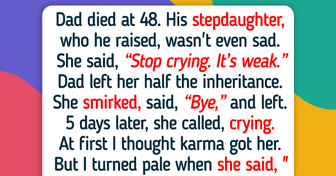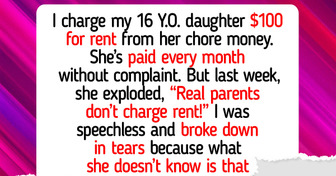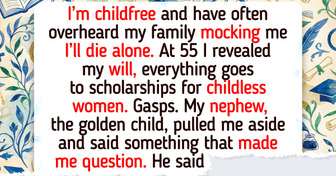My Husband and Stepchildren Tried to Take My Money, I Turned the Tables on Them in My Will
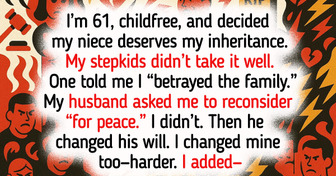
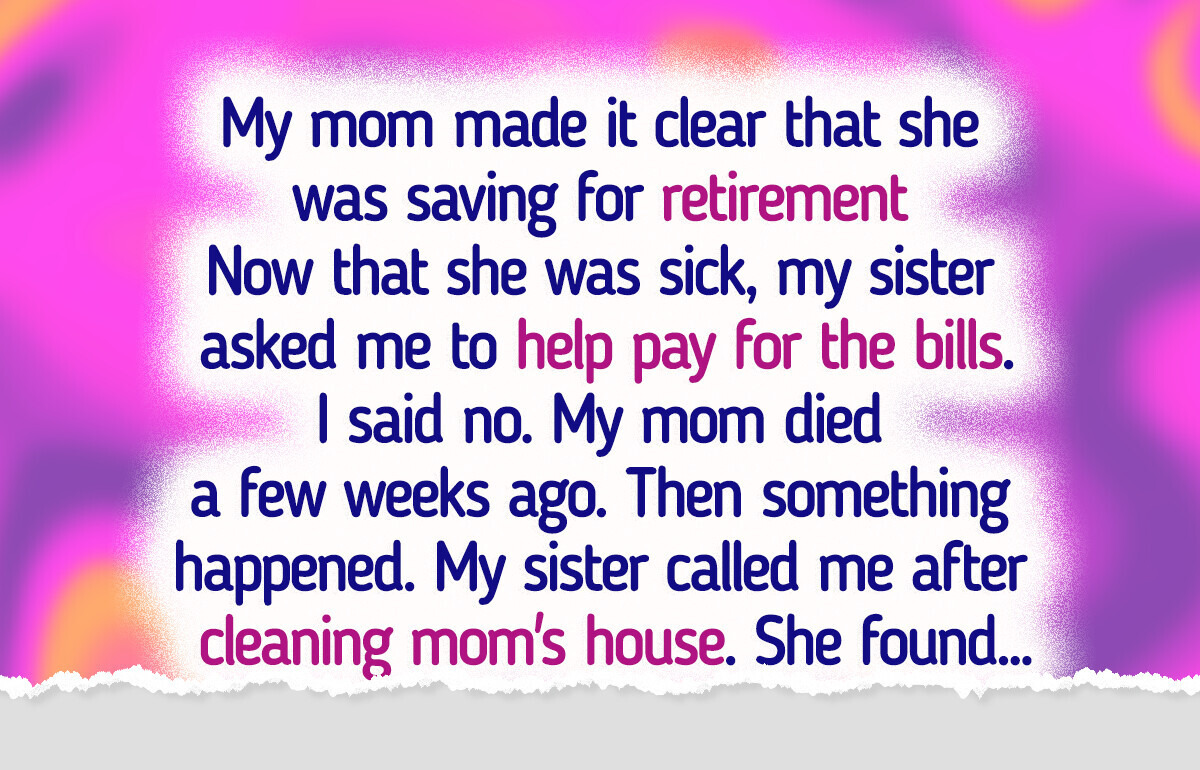
Caring for an old and sick parent sounds noble, until you’re the one footing the bill, juggling your own life, and making impossible choices. This story dives into what happens when one woman takes her mom at her word... only to find out, too late, that there was more to the story. A lot more.
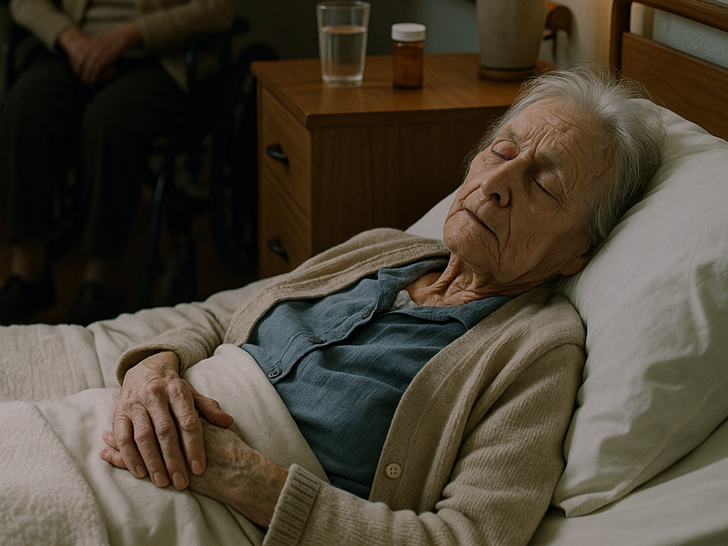
Hi Bright Side,
I need to know if I’m really a terrible person. My mom recently entered hospice care. She’s always been fiercely independent and made it clear throughout my life that she was saving for retirement and didn’t want to be a burden on anyone.
But now that she was sick, my sister reached out and asked me to help pay for the hospice bills. I said no. Not because I don’t care, but because Mom made it clear this was what she prepared for.
And honestly, I have two kids, a full-time job, and mounting bills. She had her own money. Why should I go into debt?
My sister was furious and covered the rest herself. I visited a few times, but we never talked about money again. My mom passed away a few weeks ago.
Then something unexpected happened. My sister called me after cleaning out Mom’s house. She found all of Mom’s bank records, her retirement money hadn’t been touched. It was all still there. Every cent.
Apparently, Mom refused to use it. She wanted to see if we’d help because we wanted to, not because she asked. She even wrote a note saying, “I was never testing your wallet. I was testing your heart.”
Now I can’t stop thinking about it. Did I fail her? Or was I just respecting her wishes? Was I wrong?
— D.
We’re sorry for your loss and all that’s happened. But your connection with your sister is still there, don’t let it slip away. There’s still time to hold your family together.


We can grieve and wrestle with guilt, but we can’t change the past, what we can do is try to improve the present. Many people have lived through stories like this one.




